- BlackVoter.Org
- Posts
- BlackVoter.Org
BlackVoter.Org


Discover the rich tapestry of African-American history on this engaging webpage that ignites your faith in resilience and creativity. From the courageous journeys of enslaved ancestors to the powerful movements for civil rights, this resource highlights the inspiring stories of individuals and communities who fought for justice, equality, and freedom.
Explore key figures like Frederick Douglass and Harriet Tubman, while learning about the cultural contributions of African-American artists, musicians, and writers. With a wealth of information, including timelines, articles, and multimedia resources, this webpage serves as both an educational tool and a celebration of a vibrant heritage.
Dive into the past to understand the present and be inspired by the enduring spirit of those who dared to dream and make a difference. Whether you're a history buff or just curious, this exploration of African-American history will leave you uplifted and informed.
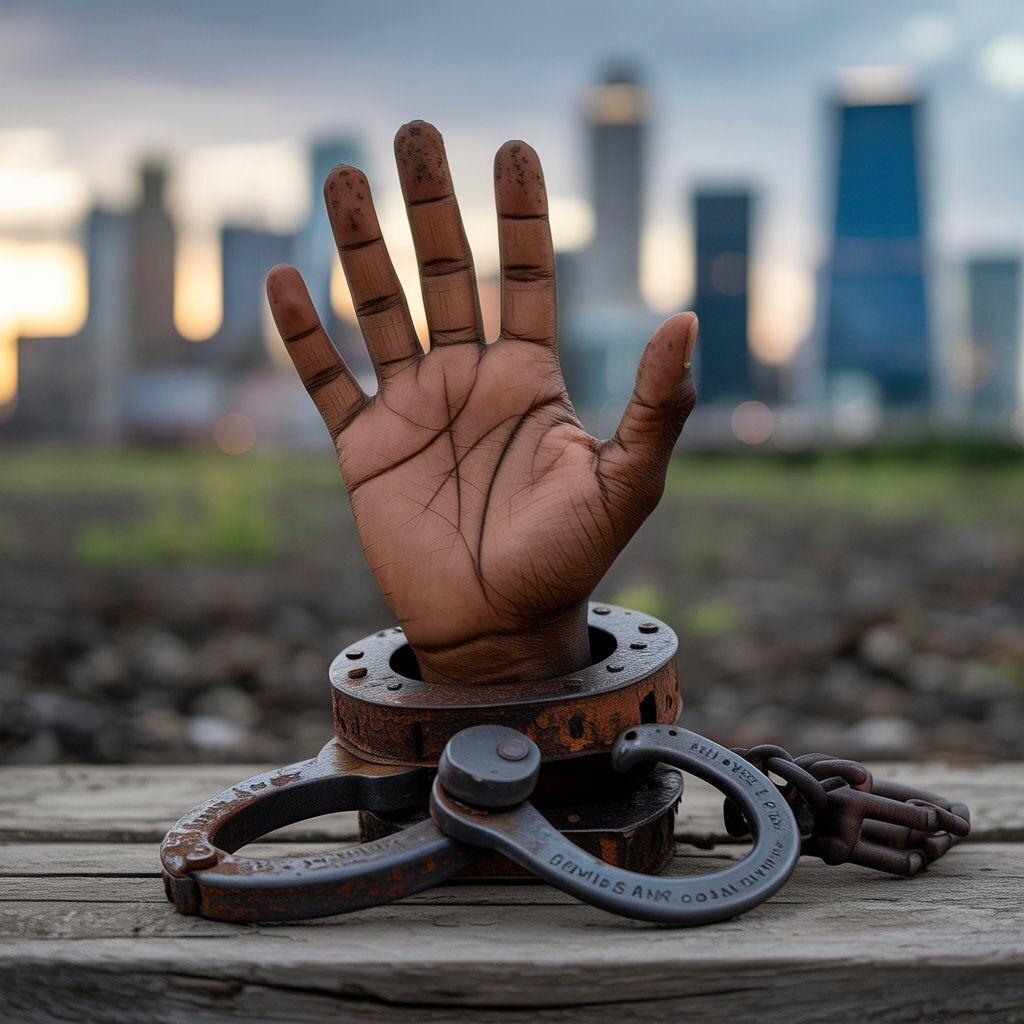

In her thought-provoking article, Erica Harper argues that the provision of aid is inherently political, shaped by the complex interplay of donor and recipient interests. The global responses to crises like the Covid-19 pandemic and the rise of ISIL illustrate how urgent situations can catalyze remarkable cooperation, unlocking funding and expertise needed for effective solutions.
However, Harper warns that these windows of opportunity are often fleeting, closing quickly once the immediate crisis passes. She emphasizes the need for humanitarian and development actors to be proactive, leveraging these moments of alignment among stakeholders to advocate for deeper, more sustainable changes in policies that address root causes.
As global challenges persist, Harper highlights the urgency for adapting strategies and seizing emerging opportunities—making a compelling case for navigating the complex realm of power and politics in the quest for meaningful aid solutions.
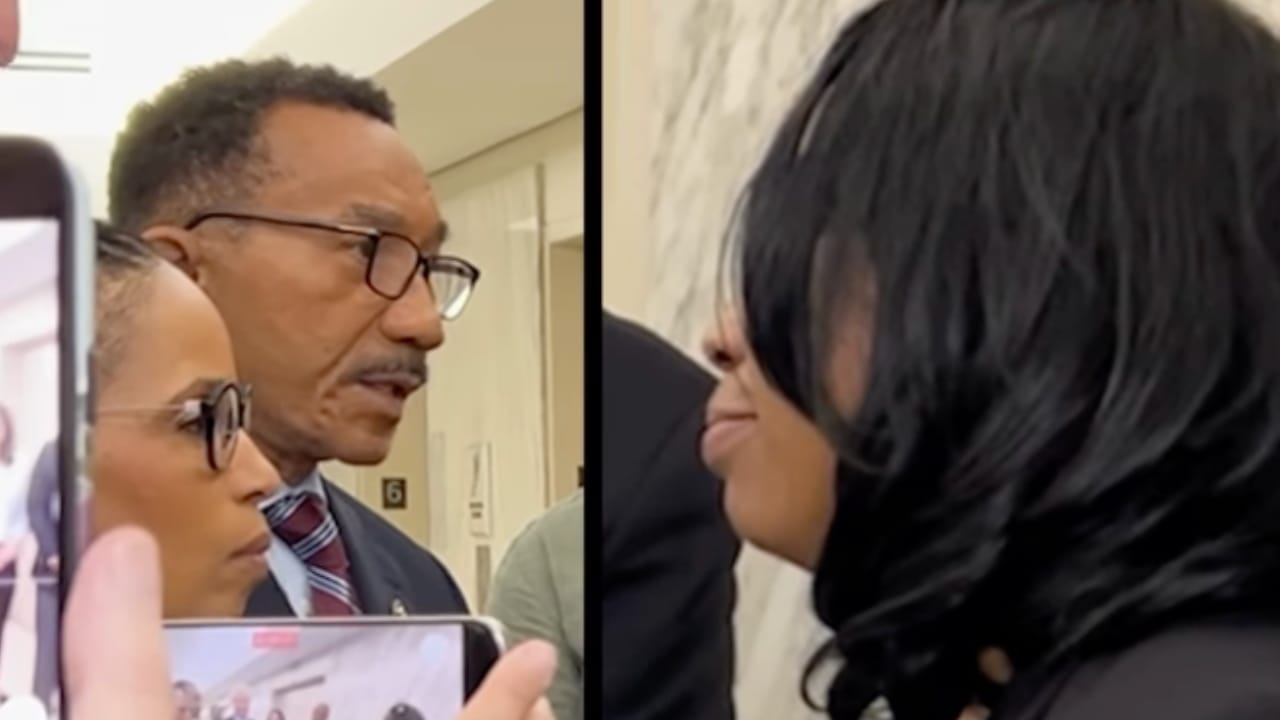
In a heated confrontation, U.S.
Congressman Kweisi Mfume expressed his outrage towards Nikita Baker, a Black official with ICE, for blocking access to a Maryland detention facility amid allegations of inhumane conditions. During a congressional oversight visit, Mfume invoked the painful legacy of slavery, reminding Baker that many African Americans share a haunting historical narrative of unjust detainment.
He urged her to reflect on the moral implications of her role in the current immigration enforcement, stating, “I hope that sort of spirit haunts your soul.”
Blocked from entering the facility, the Democratic lawmakers, including Senators Chris Van Hollen and Angela Alsobrooks, found the situation emblematic of broader issues with the Trump administration’s immigration policies, which critics argue violate basic human rights.
Despite being denied access, the lawmakers vowed to continue their fight for accountability and humane treatment within immigration enforcement. The incident underscores ongoing tensions surrounding the administration’s controversial deportation agenda.
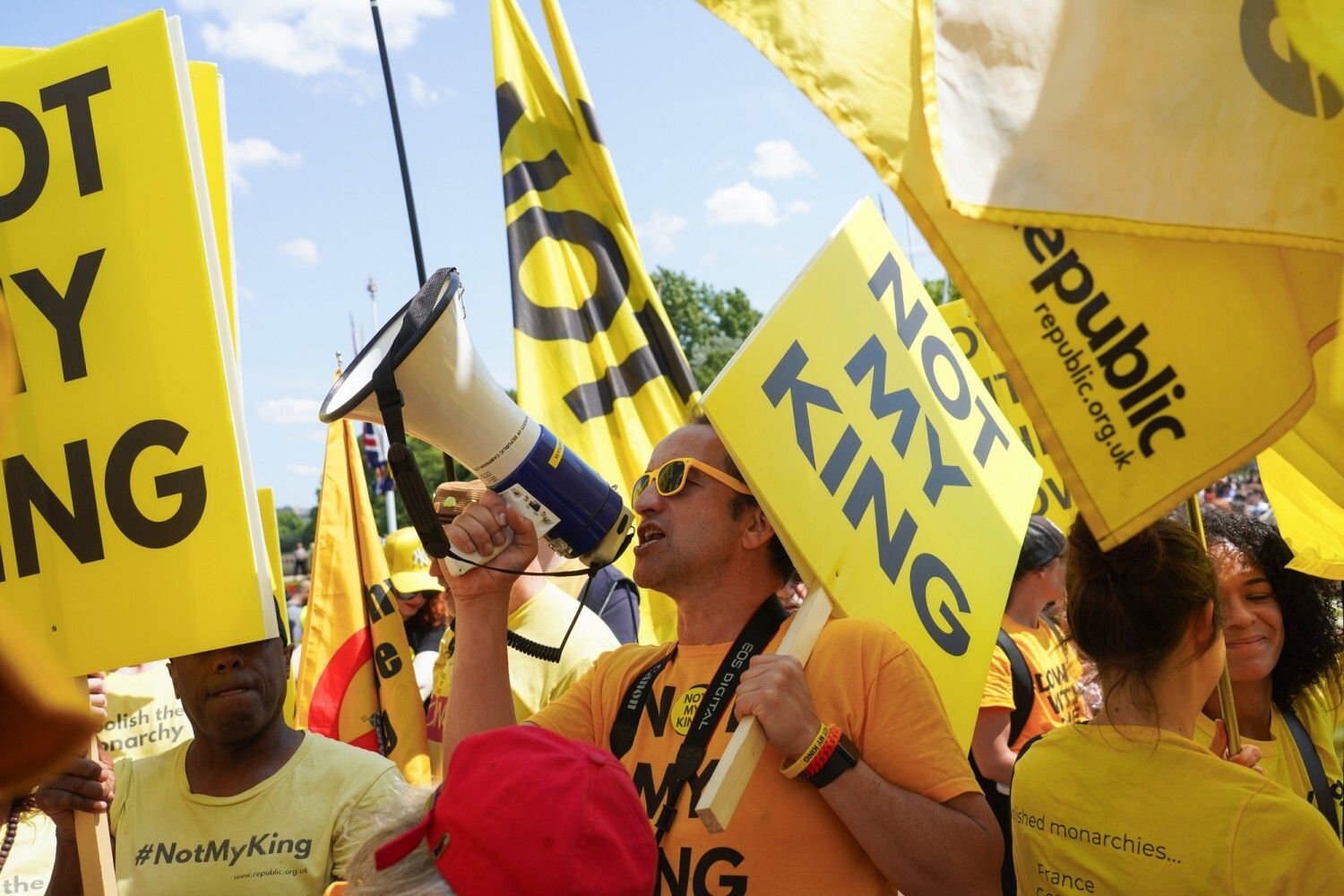
In a captivating discussion, Omar Wasow, a political science professor at UC Berkeley, dives into the complex relationship between protests and public opinion in the age of Trump 2.0.
He explores how contemporary movements, like the recent No Kings protests, struggle for visibility amid media narratives that often favor more dramatic, violent events. Wasow emphasizes the significance of strategic organization, public sympathy, and the dual nature of protest—where nonviolent actions can garner liberal support, while violent protests may lead to conservative backlash.
He cites historical parallels, drawing connections between the civil rights movement and today's activism, highlighting how documentation of state violence through personal smartphones can shift public perception. Ultimately, this insightful conversation examines the power, challenges, and evolving landscape of civic resistance, urging citizens to realize their role in shaping democracy amidst institutional fragility.

The recent release of over 230,000 pages of previously sealed FBI and CIA documents regarding the assassination of Dr. Martin Luther King Jr.
has ignited fervent debate and raised critical questions about historical truth. Unveiled by the Trump administration, these files reveal deep surveillance tactics used by the FBI under J.
Edgar Hoover through the notorious COINTELPRO, which aimed to undermine key Black leaders. The documents highlight not just King's struggle for civil rights but also the chilling reality of government surveillance and disruption faced by figures like Malcolm X and Fred Hampton.
While historians view this as a crucial step toward transparency, King's family expresses concern over motives, suggesting political distraction rather than genuine truth-seeking. As discussions ensue about systemic poverty and civil rights that King championed, many reflect on how his legacy remains remarkably relevant amid today's societal challenges.
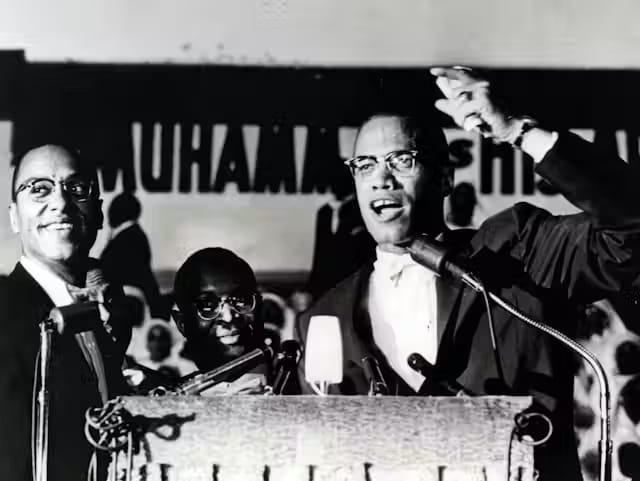
In honor of Malcolm X’s centennial, British professor Kehinde Andrews engages with Dr. Jared Ball, co-editor of "A Lie of Reinvention," which challenges the prevailing narrative from Manning Marable’s biography of Malcolm.
Ball argues that Marable’s portrayal misrepresents Malcolm's evolution, framing it instead as a political assault on historical memory. While Malcolm’s tenure with the Nation of Islam stunted his political growth, his later endeavors pointed toward a radical engagement with electoral politics through his Organization of Afro-American Unity.
Although Malcolm enjoyed moments of insight—particularly after his pilgrimage to Mecca—his political theories remained simplistic, prompting questions about their depth. The discussion straddles two divergent interpretations of Malcolm: Marable’s mythic figure versus Ball’s visionary leader.
Ultimately, it raises intriguing questions about how Malcolm X’s legacy continues to evolve in contemporary political discourse.
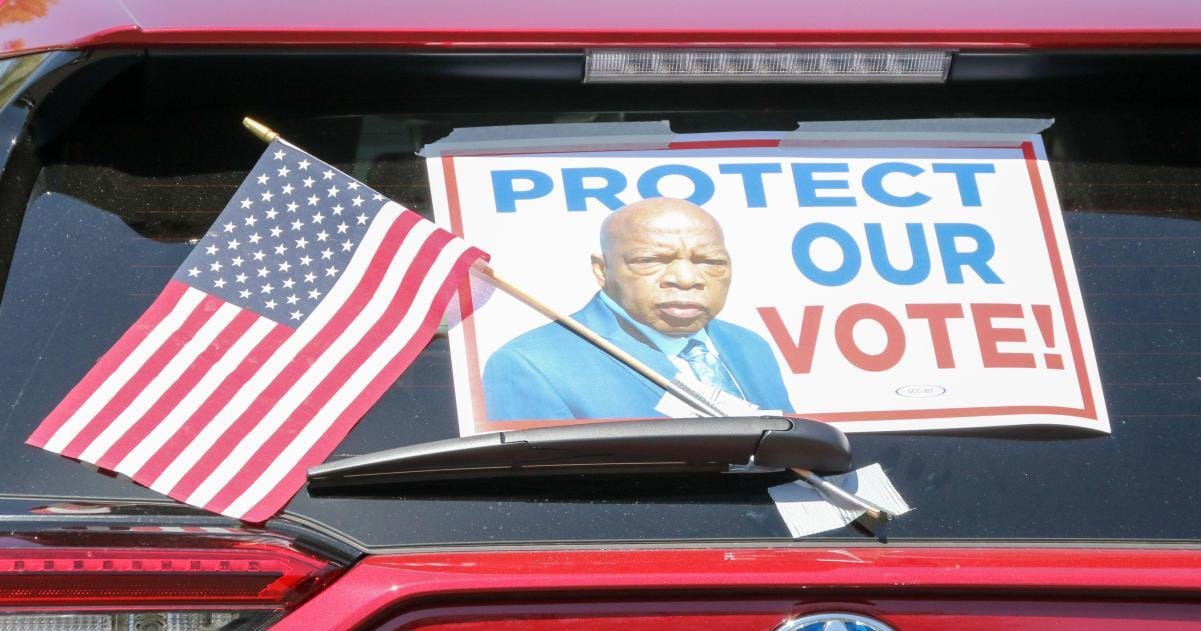
The John Lewis Voting Rights Advancement Act (JLVRAA) is a powerful response to the erosion of protections established by the Voting Rights Act of 1965. As the Supreme Court has dismantled vital components that shield voters of color from discrimination, the JLVRAA aims to reinstate the preclearance system, ensuring that any changes to voting laws in historically discriminatory regions receive federal scrutiny before implementation.
Spearheaded by civil rights champions like Rep. Terri Sewell and Sen.
Raphael Warnock, this legislation also bolsters Section 2 of the original VRA, enabling voters to challenge unfair laws and gerrymandering. As America grapples with ongoing voter suppression, the JLVRAA represents a crucial step toward ensuring free and fair elections for all, reaffirming the nation’s commitment to an inclusive democracy.
The time is ripe for Congress to act and restore the promise of equal rights at the ballot box.